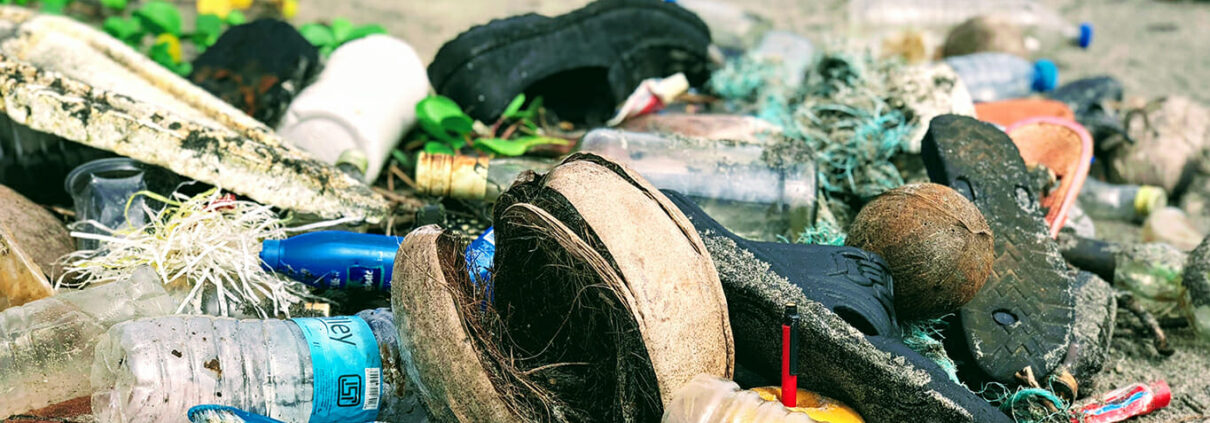2020 began as any other year at the Ocean Science Trust (OST). We had a handful of projects that recently started or were to set to begin. One of those projects was the OPC-SAT Microplastics Risk Assessment Working Group, which developed a risk assessment framework for microplastic pollution in California to inform source reduction solutions. Like other projects, we planned a full-day in-person meeting for the working group. However, our plans were derailed by the COVID-19 pandemic, and with the state going into full lockdown, we were forced to work remotely. In addition to the nascent nature of the microplastic field, the pandemic introduced several uncertainties about how this project would progress and what we at OST could do to overcome these challenges. We came across three main challenges and uncertainties, including:
- Lack of in-person collaboration time: One of the biggest challenges was an inability to hold in-person meetings, and it was unclear whether this would hinder team cohesion and collaboration. To foster a sense of community and avoid “Zoom Fatigue”, we limited remote meetings to ≤ 2 hours, and supplemented full group meetings with smaller team meetings (2-3 individuals) to work on portions of the project to keep the train moving.
- Lack of capacity: Another challenge was a lack of capacity to participate in all meetings. Many of us started wearing multiple hats: scientist, kindergarten teacher, around the clock therapist, or grocery runner. To accommodate new schedules, we became more flexible with moving deadlines and scheduling meetings. Limited capacity forced us to become more creative when obtaining group agreement on decisions (e.g. prioritization & voting exercises) that helped save valuable time for other topics requiring more group discussion.
- Data-poor science: While it is a common mistaken belief that a lack of information should delay decisions on assessed risk, this belief is at direct odds with the state’s desire to act now to address microplastic pollution. We overcame the challenges in microplastic knowledge gaps by developing a framework and providing advice that allows decision-makers to prioritize sources for reduction activities despite these knowledge gaps.
2020 was an unprecedented year, but we’re happy to finish this project and inform the state in a timely manner so they may address this emerging issue. With meetings complete, we are now in the final stages of completing our report, which will be publicly released in March 2021.




